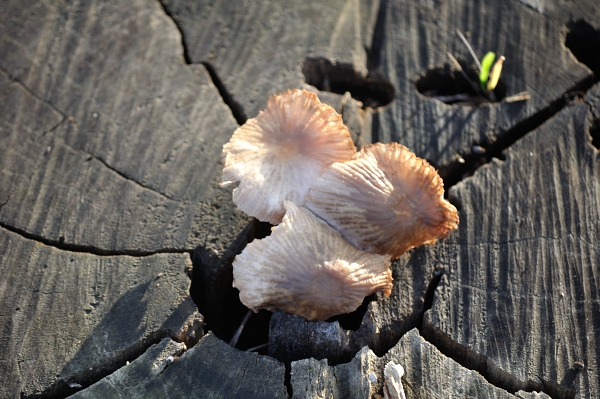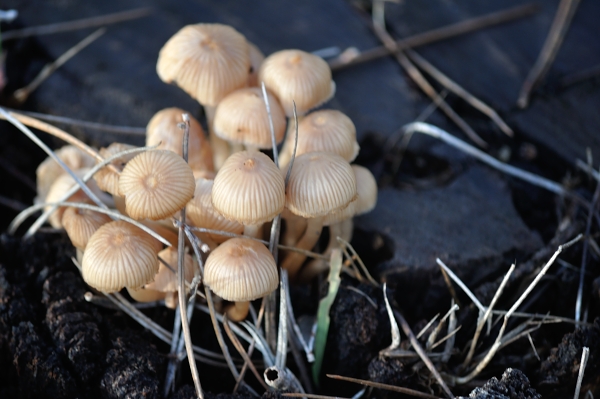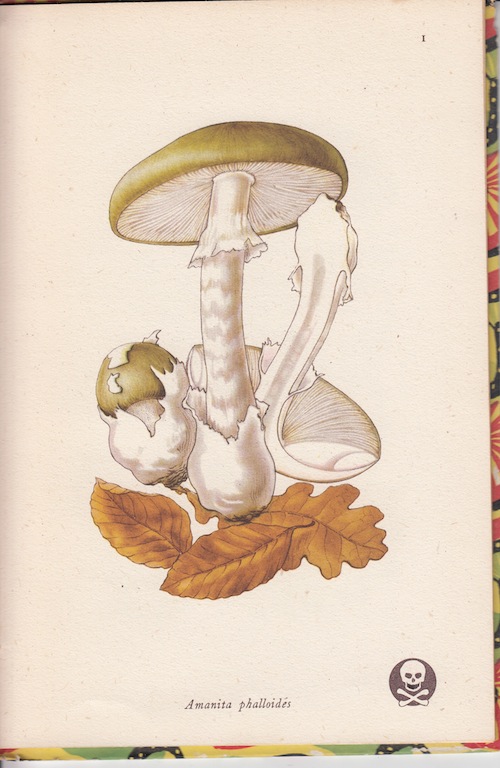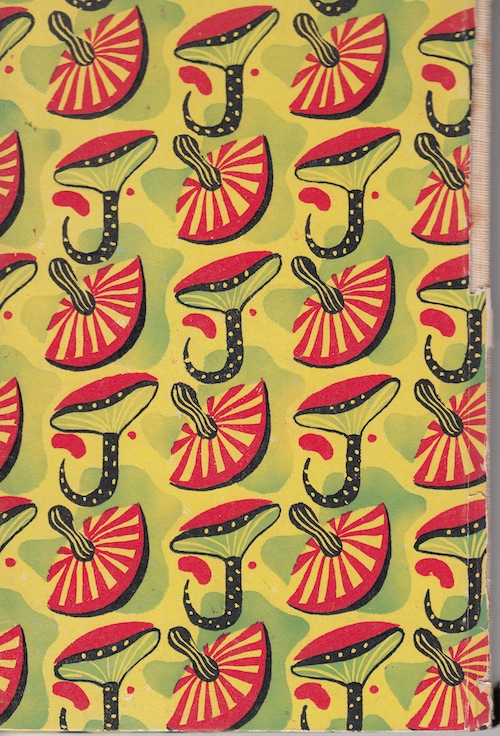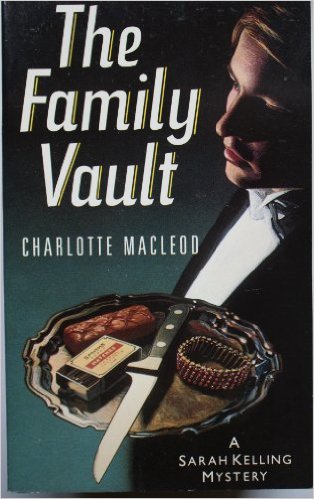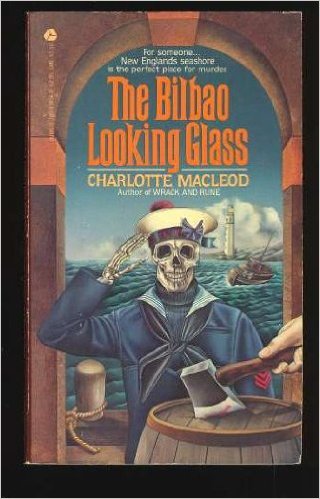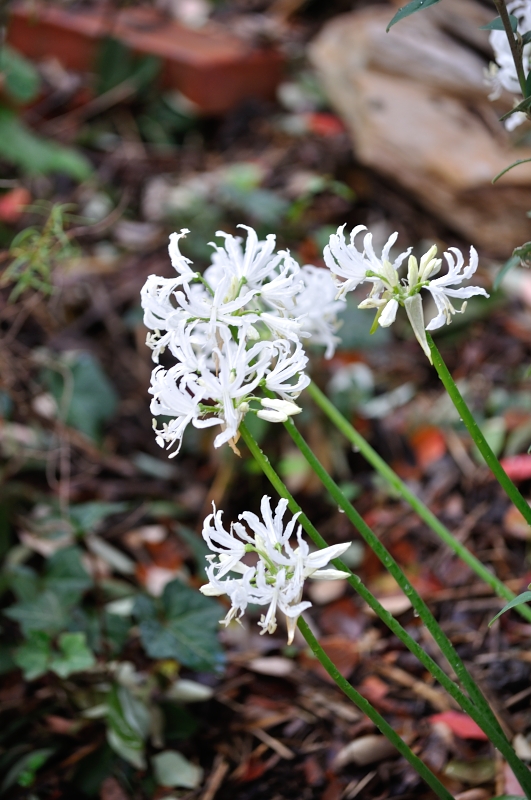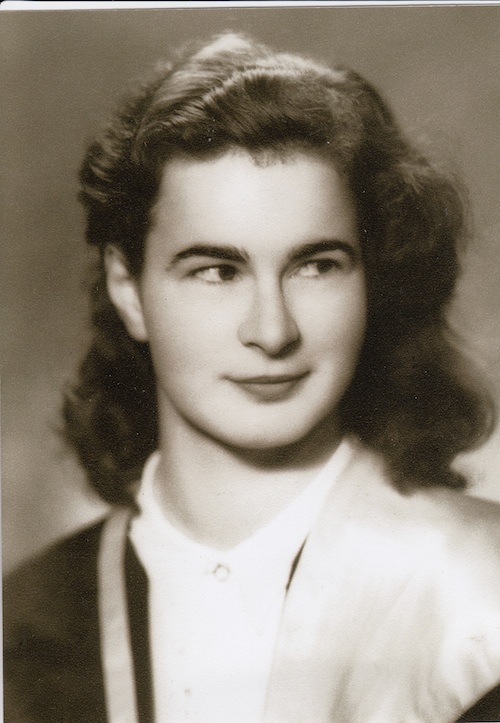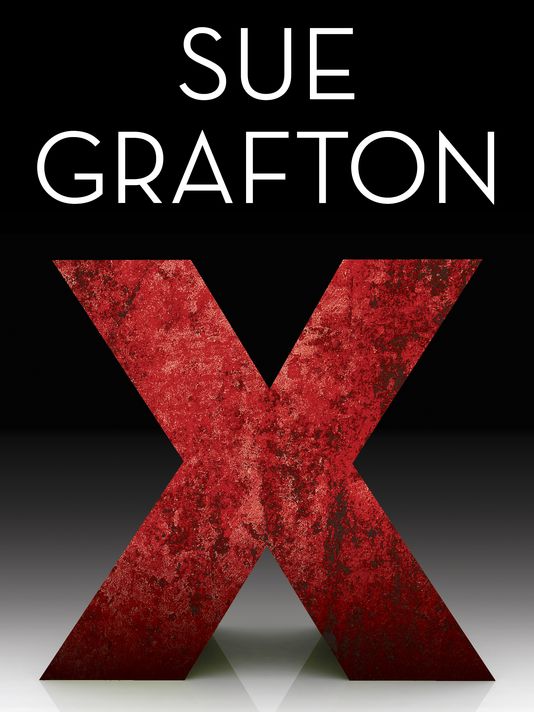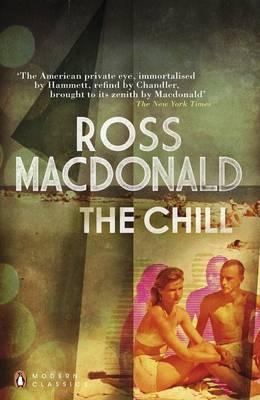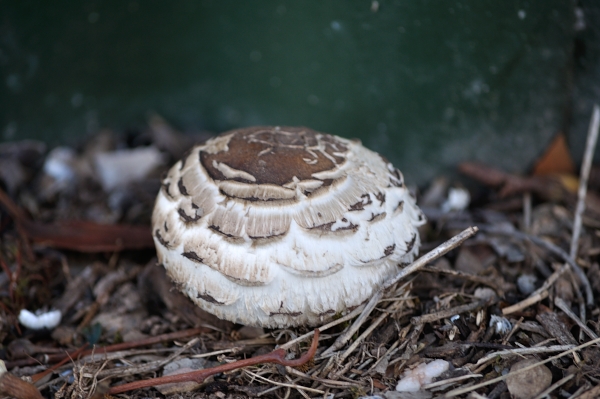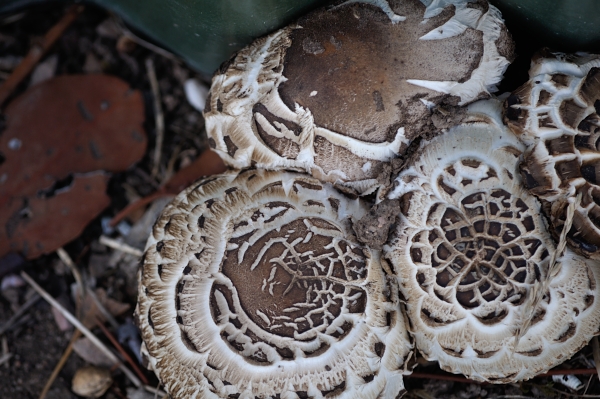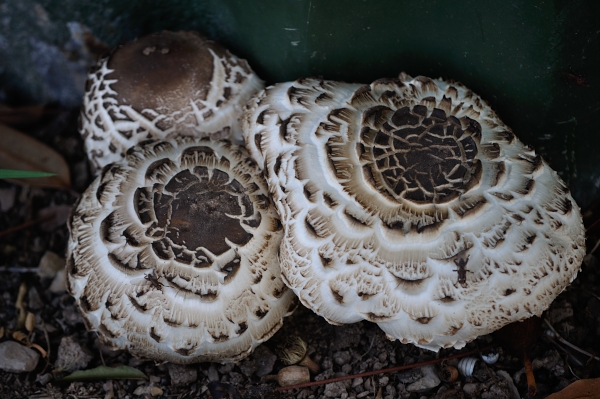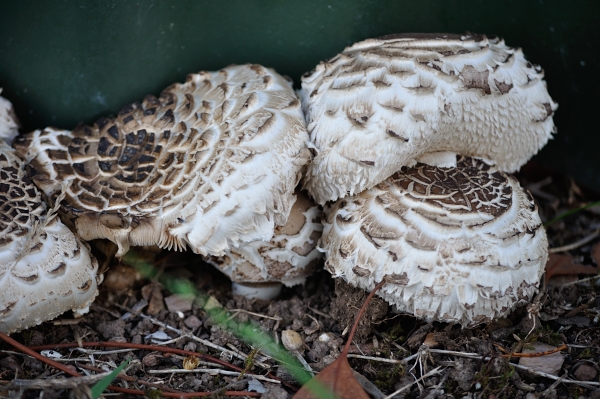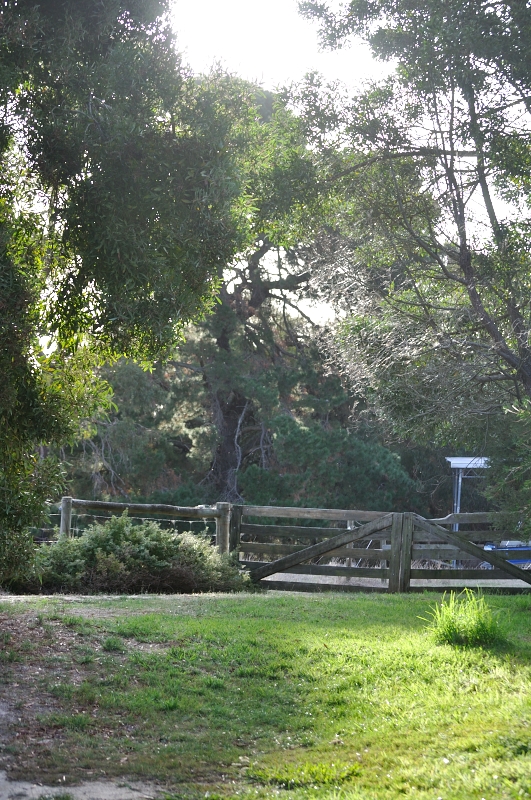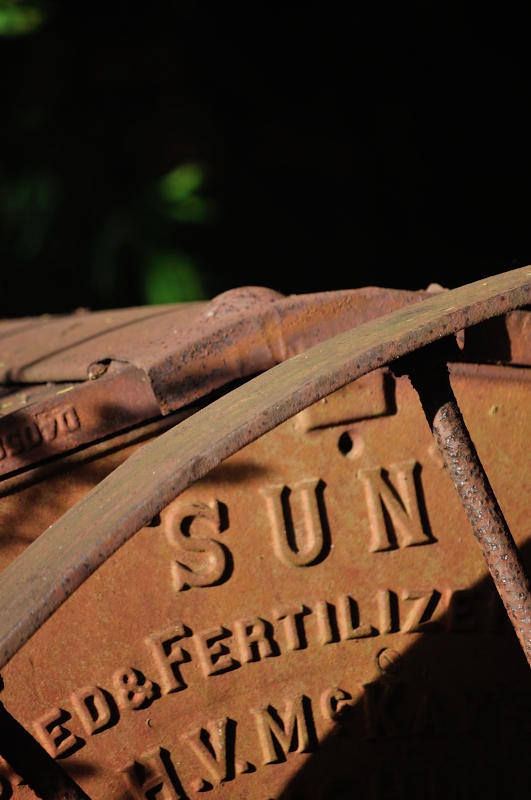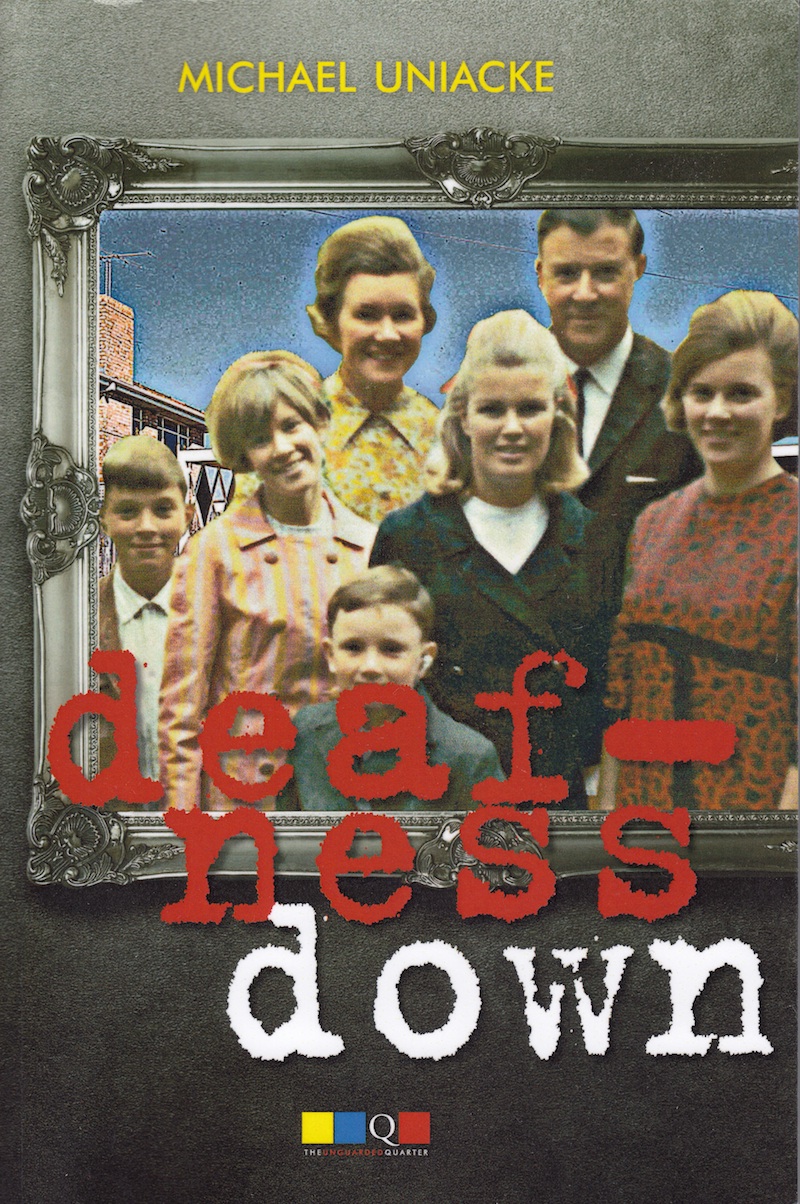I am a member of a Council of Adult Education book group, which means that we get boxed sets of books – with reading notes and list of suggested questions – delivered, therefore none of us have to scamper around bookshops and libraries and friends’ bookshelves. If all goes according to plan, we have a whole month in which to read our books; at the meeting we turn in the old (if we want to keep it a bit longer we can) and collect the new. It’s well organised, and it’s easy, and many of us still don’t get our books read on time. That includes me.
I am feeling a bit smug this month because for the first time I am on track. With two full days to spare. However I still left it until the Saturday before the Tuesday meeting to get started. And I am really wondering why. Why didn’t I get stuck in straight away? This was a short book; I could have knocked it off in a couple of nights by the fire. I put it off, and put it off, and read detective novels and watched Midsomer Murders and even (I was tired and emotional) The Real Housewives of Beverly Hills… Knowing that the clock was ticking, I made myself take it with me on a train trip to Melbourne. As it turned out, I loved the book – it was the first of the book group titles I’ve wholeheartedly enjoyed – but still… Is it because reading a book for book group is too much like homework? Not freely chosen? Not chiming in with mood or interests or head-space or free time?
Last minute book panics are not the exception, they’re the rule. People – and I probably should say women, for it seems as if book groups are mostly female – come into the Bookroom all the time, wanting a novel right now, for a meeting the next night or the night after. Today, a customer today said, no, thank-you, I won’t order it, I have to have read it tomorrow evening. She added, further, that there were 10 reserves on that particular title at the library. We were out of stock, no doubt because her fellow readers had fallen upon our new-release table like ravening wolves.
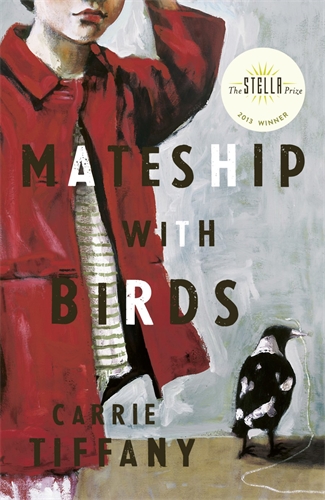 Our book of the month is Mateship with Birds by Carrie Tiffany. It’s one I would never have read off my own bat. The cover doesn’t appeal for some reason- I think it’s the colour – that dull, cool red and grey – and the girl’s down-turned mouth. The title, too… Because of my involvement in the second-hand books trade I’d seen heaps of copies of the 1922 book of bird notes with the same title by naturalist Alec Chisholm. It’s a deeply daggy title.
Our book of the month is Mateship with Birds by Carrie Tiffany. It’s one I would never have read off my own bat. The cover doesn’t appeal for some reason- I think it’s the colour – that dull, cool red and grey – and the girl’s down-turned mouth. The title, too… Because of my involvement in the second-hand books trade I’d seen heaps of copies of the 1922 book of bird notes with the same title by naturalist Alec Chisholm. It’s a deeply daggy title.
And the characters in this novel are deeply daggy too. In a good way. It’s 1950 in rural Victoria. Lonely hard-working farmer Harry watches birds, yearns for his neighbour Betty and cherishes her children Michael and Little Hazel.
It’s about love and lust and desire, with a romance between Betty and Harry that’s weirdly sweet, given all the sweaty physicality going on. It’s also about family – procreation, parenthood, protection, guidance and care – care for the young and also the old, be they human and animals… for around the human family are the family of animals – the dairy herd, the resident kookaburras and the birds at Hazel’s schoo , the sensitive, trembling dog, the one-eyed cat and the crippled heifer, all with their personalities and needs, their moods and emotions. Indeed, from Tiffany’s close, tender, often humourous observation, I finished the book with a sense that animals are people and people are animals. Of course!
It’s an earthy book with lots of sex, death and bodily fluids – and some disturbing scenes of bestiality and exhibitionism thanks to the creepy neighbour Mues – but I often found myself laughing out loud. Harry’s sex education letters to Michael are sad and funny at the same time.
The writing is clear, unfussed and often beautiful. And the excerpts from Harry’s bird notes through the book are sheer poetry. I chose this at random:
The tink tink of the bellbirds
is a constant backdrop
to the day.
The kookaburras assemble and call
as the sun slips from the trees.
Then all is quiet for a while.
It’s only later
that an owl announces itself
out of the dark.
As Carrie Tiffany says, “Art starts with noticing.”
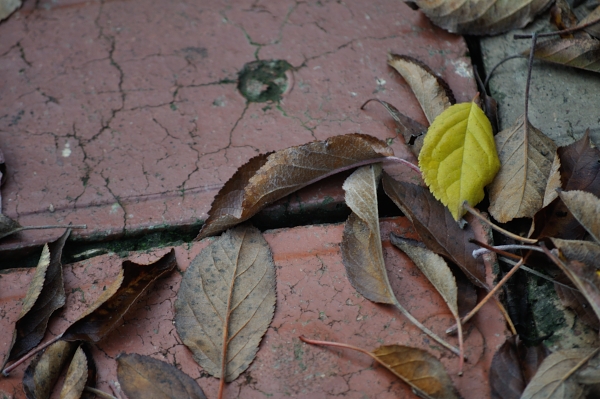 Drifts of dead leaves, some sludgy and half-decayed, some light and dark brown and a few a bright startling yellow.
Drifts of dead leaves, some sludgy and half-decayed, some light and dark brown and a few a bright startling yellow.
